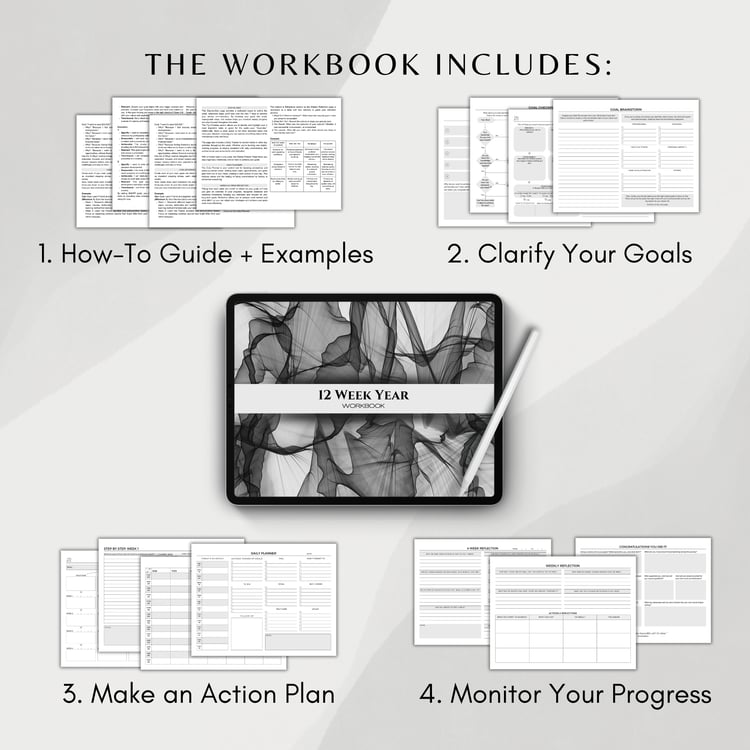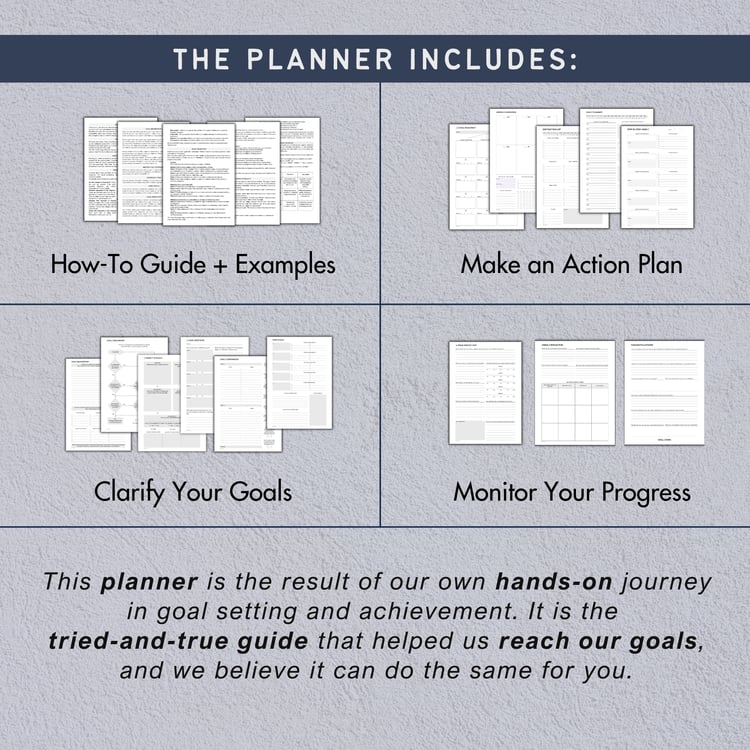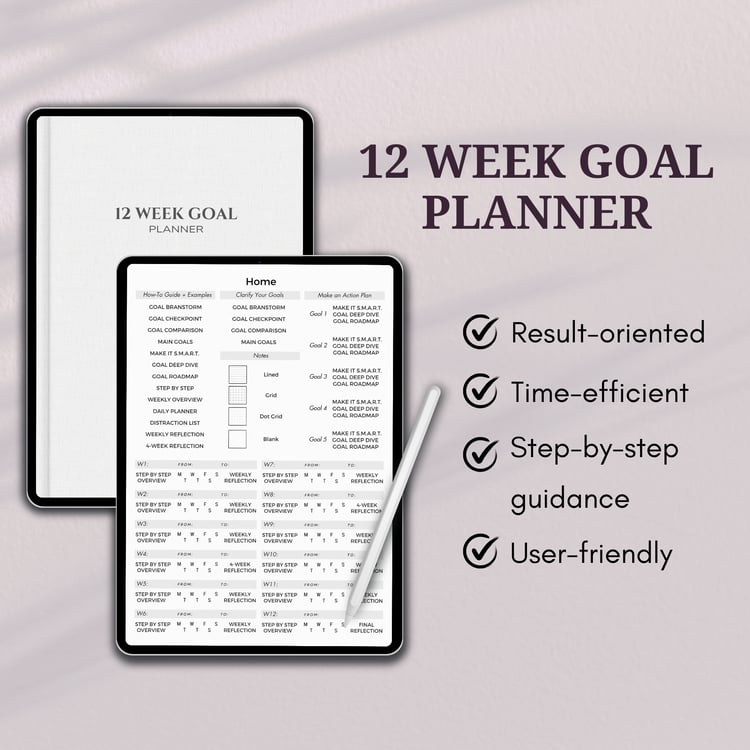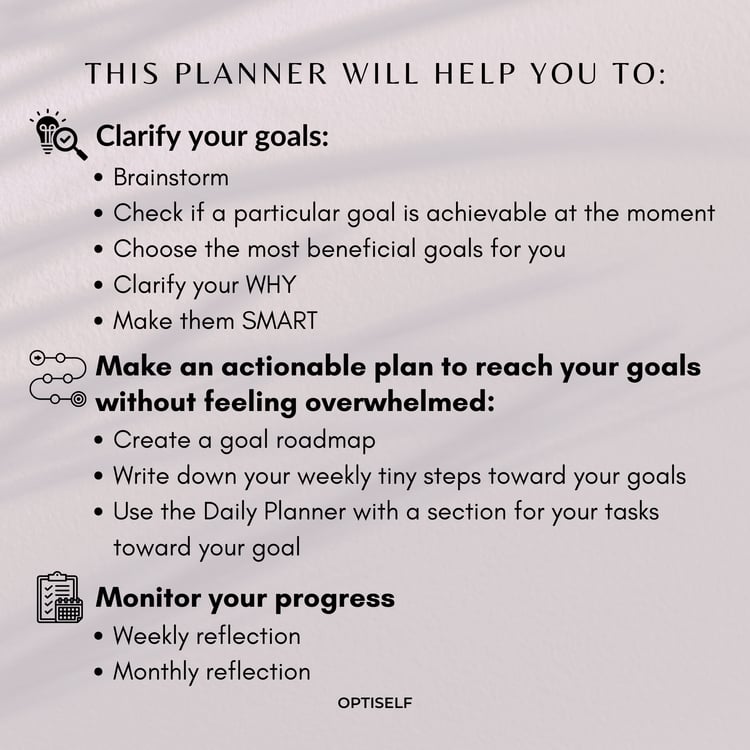We’ve all been guilty of it—putting off tasks until the last minute, convincing ourselves that we’ll be more productive “later.” But why do we procrastinate, even when we know it’ll only make things harder? The answer often lies in subtle, everyday habits that quietly sabotage our productivity.
By identifying and adjusting these daily patterns, you’ll be able to work smarter, stay focused, and accomplish more with less stress. Let’s uncover the seven common habits that secretly encourage procrastination—and how you can replace them with better ones!
1. Perfectionism

The fear of not getting things just right can be paralyzing, preventing you from even taking the first step. You might find yourself endlessly tweaking and revising, convinced that your work is never good enough. This perfectionist mindset can lead to frustration, burnout, and ultimately, unfinished tasks.
Instead, try shifting your perspective: progress is more important than perfection. Aim to complete tasks efficiently rather than flawlessly. Remember, "done" is better than "perfect," and often, the act of finishing something will allow for growth and improvement over time.
2. Analysis Paralysis
Can't decide where to start? Feeling stuck trying to make the "perfect" decision can lead to inaction. This is known as analysis paralysis, a common mental roadblock that stems from the fear of making the wrong choice. You might feel trapped weighing every possible outcome, which leads to inaction and wasted time.
The key to overcoming this is to simplify the decision-making process. Break large tasks into smaller, more manageable steps, set a time limit for making choices, and trust your instincts. Pick one step, take action, and adjust as needed. Momentum is more valuable than perfection!
3. Unrealistic To-Do Lists

To-do lists are great for staying organized, but overloading them with too many tasks or setting unrealistic deadlines is a recipe for stress and procrastination.The more daunting your list appears, the easier it is to avoid starting altogether. Instead of cramming your day with endless tasks, focus on quality over quantity.
Prioritize 2-3 key tasks that truly move the needle and set realistic deadlines. Break larger tasks into smaller, actionable steps so they feel more manageable. Additionally, celebrate small wins along the way—acknowledging progress can provide the motivation needed to keep going. Remember, productivity isn’t about doing more; it’s about doing what matters most efficiently.
4. Fear of Missing Out (FOMO)
Scrolling through social media, seeing friends out and about, or getting distracted by notifications—it’s easy to push work aside for instant gratification. The constant flood of updates can make it feel like everyone else is achieving more, traveling more, or living a more exciting life, leading to feelings of inadequacy and distraction.
Instead of letting FOMO control your time, take proactive steps to regain focus. Set screen time limits, schedule dedicated work sessions, and create a distraction-free workspace. Most importantly, remind yourself that social media only shows highlight reels, not reality. Focus on your personal goals and growth rather than comparing yourself to others.
5. Multitasking

Multitasking may seem like an efficient way to get more done, but in reality, it can be a major productivity killer. Constantly switching between tasks scatters your focus, drains your mental energy, and reduces the quality of your work. Studies show that multitasking can increase errors and slow down overall performance.
Instead, embrace deep work by practicing time-blocking: dedicate focused, uninterrupted periods to one task at a time. Use techniques like the Pomodoro Method—working in short, intense bursts with breaks in between—to maintain concentration. By giving your full attention to each task, you’ll work more efficiently and produce better results.
6. Seeking External Validation
Relying too much on external validation before taking action can be a major obstacle to progress. While constructive feedback is valuable, constantly seeking approval from others can lead to hesitation, self-doubt, and unnecessary delays. Instead, cultivate self-trust by setting your own standards for success.
Make decisions with confidence, knowing that mistakes are part of the learning process. The more you take initiative without waiting for permission, the more empowered and self-reliant you’ll become.
7. Negative Self-Talk

Telling yourself that you're lazy, unmotivated, or incapable can create a powerful mental block that only reinforces procrastination. These negative thoughts sap your confidence and make even the smallest tasks feel insurmountable.
Instead of dwelling on self-criticism, practice self-compassion. Acknowledge your efforts, no matter how small, and replace negative thoughts with empowering affirmations. Remind yourself that growth happens through action and persistence. You can do it—one step at a time. Progress, no matter how gradual, is still progress.
📋 3-Step Action Plan to Overcome Procrastination
Now that you’ve identified the habits that fuel procrastination, it’s time to take action! Here’s a simple 3-step plan to help you break the cycle and boost your productivity:
Step 1: Identify Your Biggest Procrastination Trigger
Take a moment to reflect on which of the seven habits resonates with you the most. Are you struggling with perfectionism? Getting lost in analysis paralysis? Constantly seeking external validation? Choose one habit that’s having the biggest impact on your productivity.
Step 2: Implement a Small but Effective Change
Now that you’ve identified your procrastination trigger, pick one small action to counteract it. Here are practical examples for each habit:
- Perfectionism: Instead of endlessly tweaking a project, set a timer for 30 minutes and commit to finishing a “good enough” version. You can always refine it later!
- Unrealistic To-Do Lists: Instead of cramming your day with 10+ tasks, prioritize just 2-3 key tasks and break them into manageable steps.
- Analysis Paralysis: Struggling to make a decision? Set a 5-minute timer, choose the best option available, and move forward without second-guessing.
- Fear of Missing Out (FOMO): Feeling tempted to check social media? Turn off notifications and set a specific time (e.g., 6 PM) to catch up instead of letting distractions control your day.
- Multitasking: Instead of juggling multiple tasks, use the Pomodoro Technique—work on one task for 25 minutes, then take a 5-minute break before moving to the next.
- Negative Self-Talk: If you catch yourself thinking, I’ll never get this done, reframe it to I am capable of making progress, one step at a time.
- Seeking External Validation: Before seeking approval from others, ask yourself: What do I think? Trust your own judgment and take action confidently.
Step 3: Track Your Progress and Adjust
After a few days, evaluate how well your new strategy is working. Are you seeing improvements? If so, build on that momentum by tackling another procrastination habit. If not, tweak your approach until you find what works best for you. Progress is all about learning, adjusting, and staying consistent!
🚀 Take Action Now: Choose your biggest procrastination habit and commit to making a small change today! Which habit are you working on first? Let’s get started!







